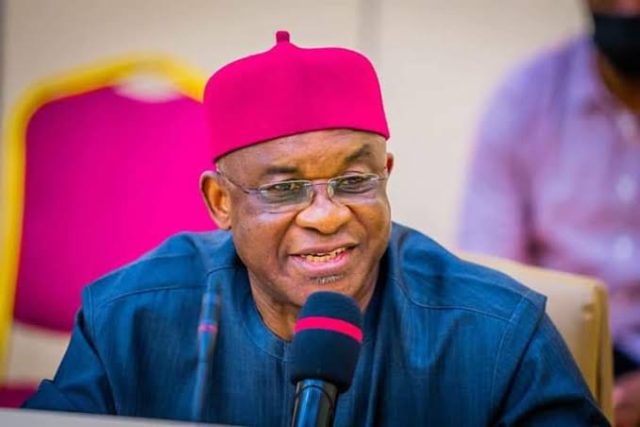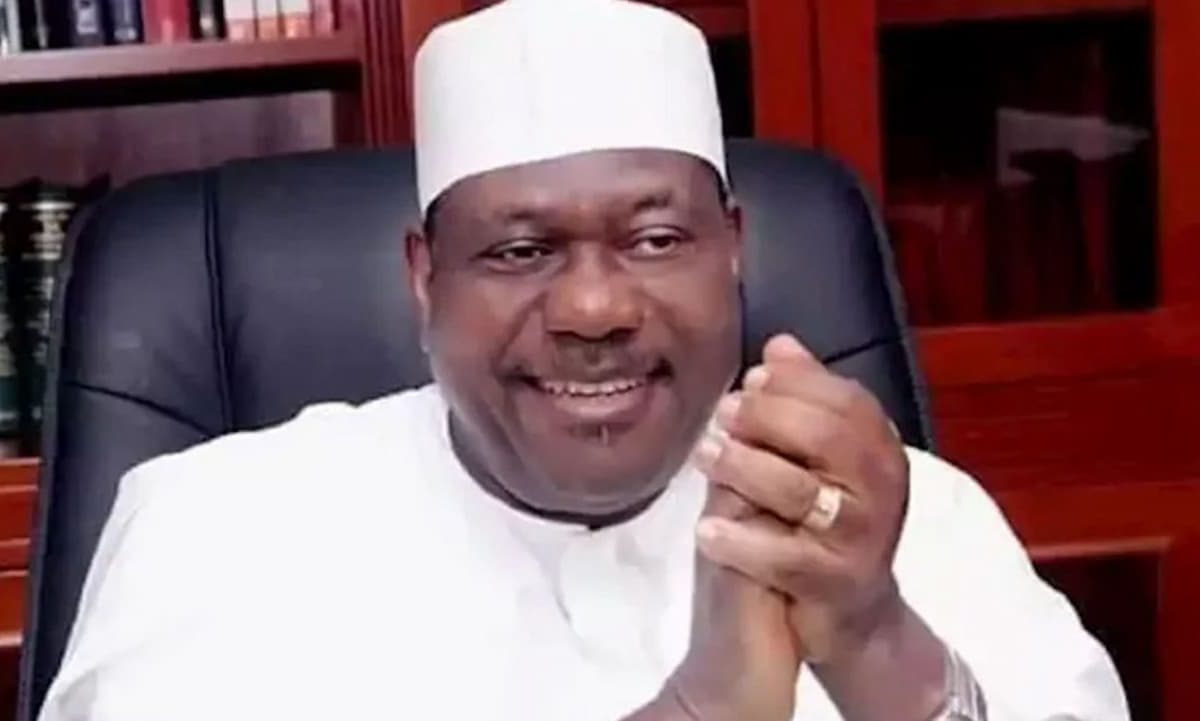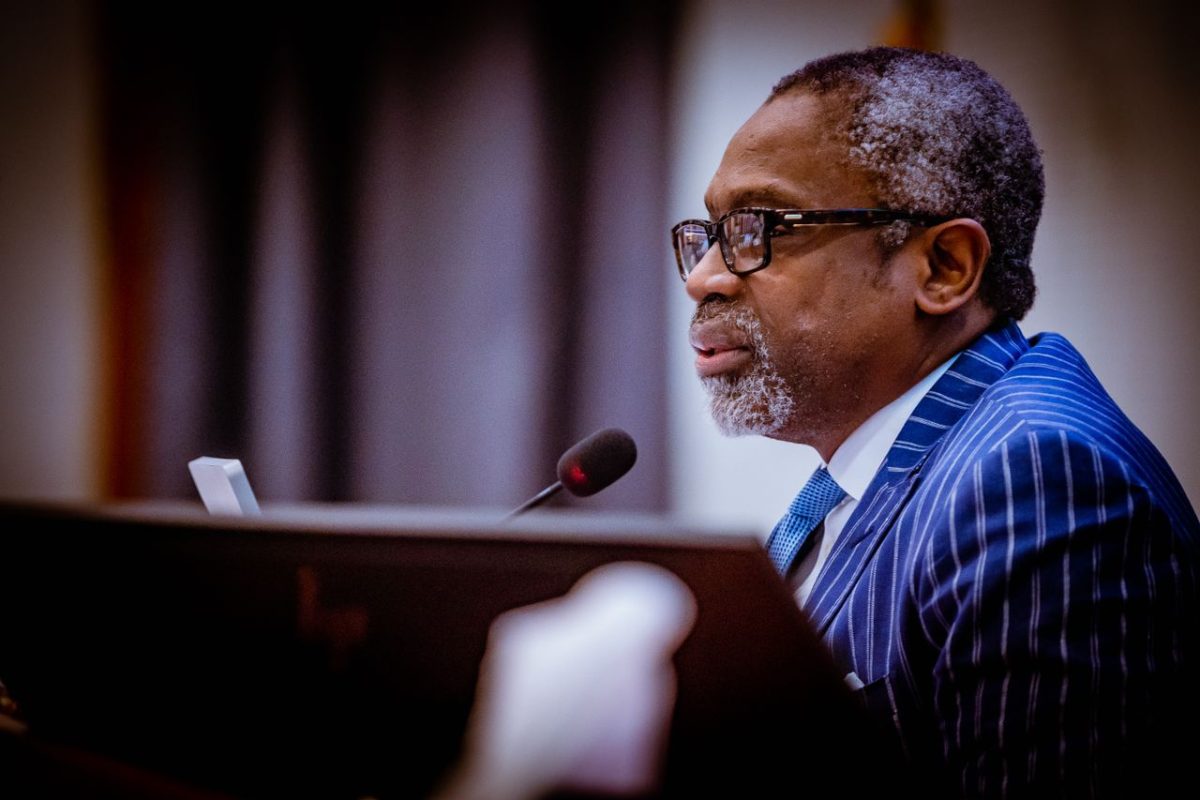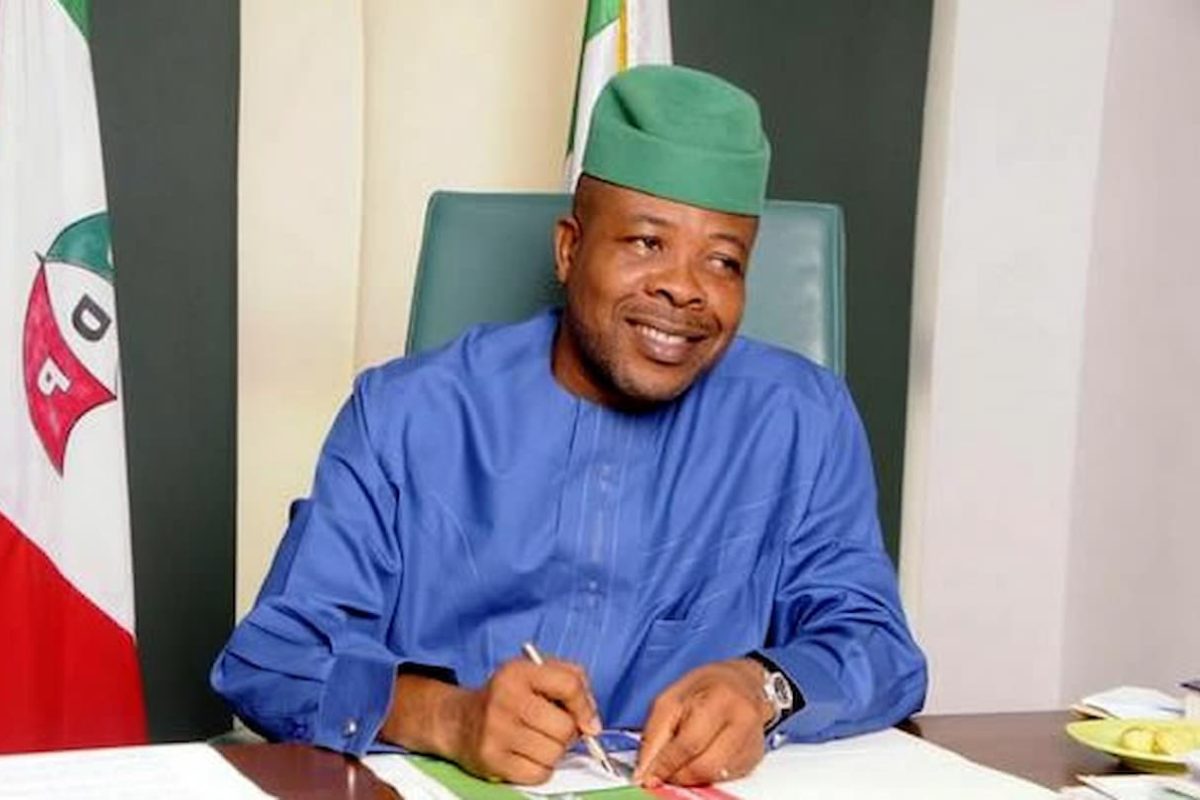David Mark, known for his blunt talk, did not pass through the Senate without his share of controversies as OrderPaper’s Sharon Eboesomi writes on EX-NASS MEMBERS SERIES.

Although he began his senatorial career in 1999 representing the people of Benue South senatorial district, it is fair to refer to him as the longest-serving Senate President as he served in this position for two (2) terms (2007–2015) under the Peoples Democratic Party (PDP).
Born on April 8, 1948, in Otukpo Benue State, David Alechenu Bonaventure Mark attended St. Francis Catholic Practising School before attending the Nigerian Military School. After that, he attended the Nigerian Defence Academy. He was commissioned as a 2nd Lieutenant in 1970 and became a Captain in 1971. He was Commandant of Static Communications in 1974, then later held a political post as Chairman, Abandoned Properties Implementation Committee in the Eastern region in 1976.
A former Minister of Communications, heading its two major parastatals – the Nigerian Telecommunications Limited (NITEL) and the Nigerian Postal Service (NIPOST), Mark who served as the 12th president of the Nigerian Senate is a retired Nigerian Army, Brigadier General. Before his senatorial career, he was appointed by the military government of General Muhammadu Buhari as Governor of Niger State from 1984 to 1986.
READ ALSO: DINO MELAYE: A celebrity politician’s dramatic legislative sojourn
Mark had retired from the Nigerian Army in 1993, the year Sani Abacha assumed power. He left the country for England and went into self-imposed exile. He did not return to Nigeria until 1998, when Abacha died and joined the PDP, running for the Senate seat representing the Benue South Senatorial District. He was elected and sworn in as a senator. He expressed interest in running for the Presidential seat of Nigeria in the 2019 general elections. But he did not go through with it.
The former lawmaker who had just celebrated his 76th birthday on April 9, 2024, received praises from some top dignitaries, one of whom was the 2023 Labour Party (LP) Presidential Candidate Peter Obi who commended him for remaining consistent and steadfast in his service to the nation over the years. He recalled that Mark’s leadership at the Senate was characterised by brotherhood, unity and stability pointing out that “such is what the nation needs today to salvage the situation.”
Another was the former Vice President Atiku Abubakar who urged him not to rest on his oars to provide leadership to the nation anytime he is needed.
When then-President Musa Yar’Adua went on an indefinite medical vacation and failed to transmit a handover letter to the National Assembly in accordance with Section 145 of the Constitution, Mark obliged the National Assembly to adopt the patriotic decision to empower then-Vice President Goodluck Jonathan to serve as acting president on February 9, 2010.
A legal doctrine known as the Doctrine of Necessity states that “what is otherwise unlawful is made lawful by necessity.” It was initially used in Grenada in 1985, Pakistan on October 24, 1954, and Nigeria on February 9, 2010.
Mark, known for his blunt talk, did not pass through the Senate without his share of controversies. In 1987, while serving as the Minister of Communications, he reportedly kicked against the use of public telephones by the poor, because “phones are not for the poor.”. This gathered several criticisms, as critics said he failed to recognize the civilisation behind the use of telephones.
He, however, came out to debunk these allegations saying, “I have challenged anybody to show me a quote in my own words where I said telephone is not for the poor. Nobody has been able to produce it yet. I have to defend this every day that what I said was, if you must use a phone then you have to pay for the service.”
Following his fourth reelection to the Senate to represent the Benue South Senatorial District, Mark suddenly resorted to maintaining a low profile in the Red Chamber after eight years of overseeing Senate business as Senate President.
Mark became silent in the Senate after his party, the PDP, was unable to secure the majority of seats required to keep him as Senate President. During the confirmation hearing of the minister-designate in October 2015, his frequent absences from the Red Chamber and his abrupt silences there took on a concerning significance as he refused to engage in the screening exercise and remained silent the entire time.



